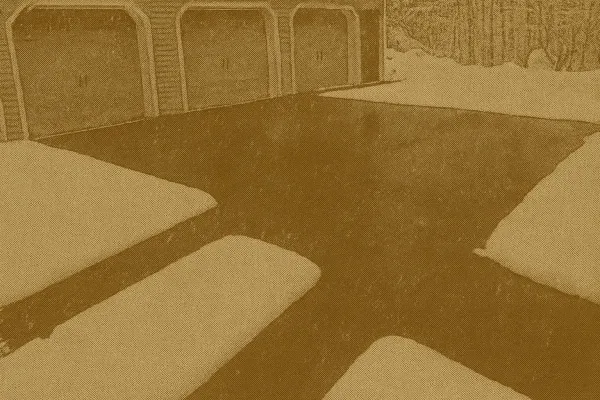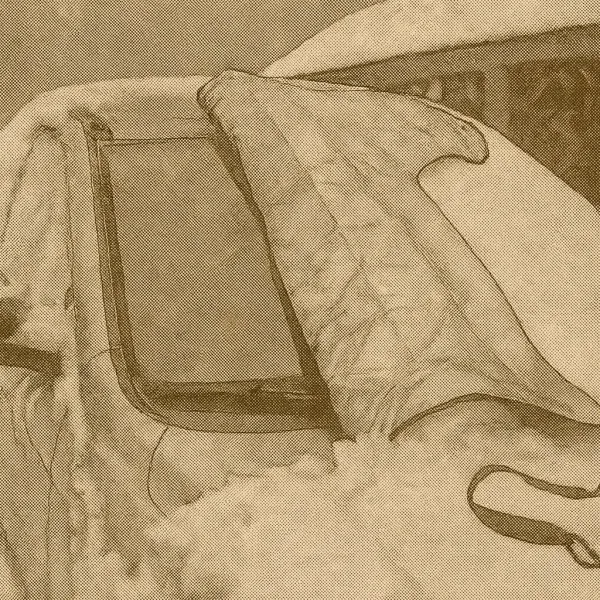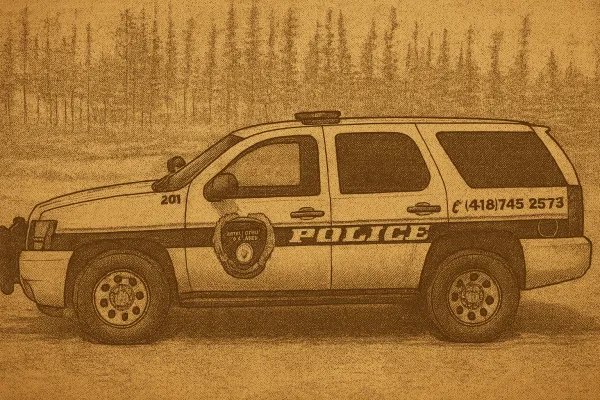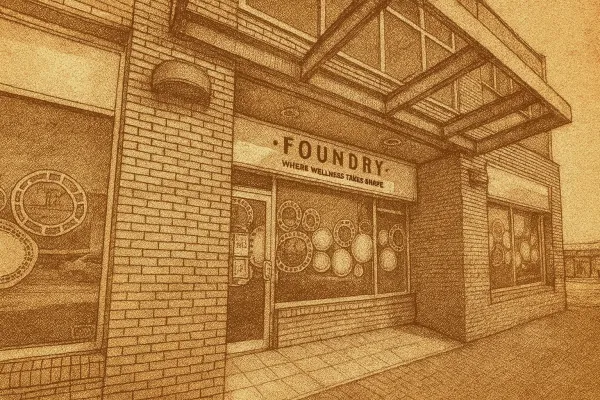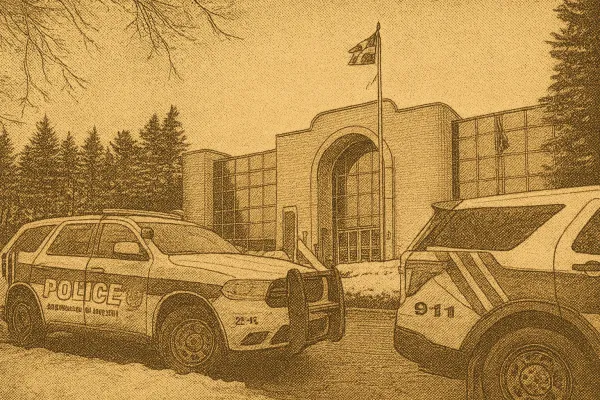Heads up: some of the links in this post are affiliate links. That means if you click and purchase, we may get a commission. It’s how we keep this site running without cluttering it with ads.
Canadian winters are beautiful, but they also turn your driveway into a slippery, frozen obstacle course. Learning how to keep your driveway ice free isn’t just about convenience; it’s about safety, protecting your property, and saving time.
In this complete guide, you’ll discover the best ways to prevent ice on a driveway, including eco-friendly methods, DIY driveway ice melt solutions, pre-treatment tips, and even long-term fixes like heated driveway systems. Whether you’re trying to melt ice without salt, keep snow from sticking, or stop your driveway from freezing overnight, we’ve got you covered.
Understanding Why Ice Forms on Driveways (and How to Prevent It)
Before we dive into prevention strategies, it helps to understand why ice builds up on driveways in the first place. Ice forms when moisture from melting snow or rain refreezes on cold surfaces, especially in shaded areas or where water pools. That’s why improving drainage and surface conditions is key to driveway ice prevention.
Essential Ice Prevention Tips
- Improve drainage: Make sure water doesn’t pool on your driveway by fixing grading issues and clearing drains.
- Apply a sealant: Sealing your driveway before winter helps repel water and prevent ice build-up.
- Keep it clean: Regularly remove debris, leaves, and snow to stop moisture from collecting and freezing.
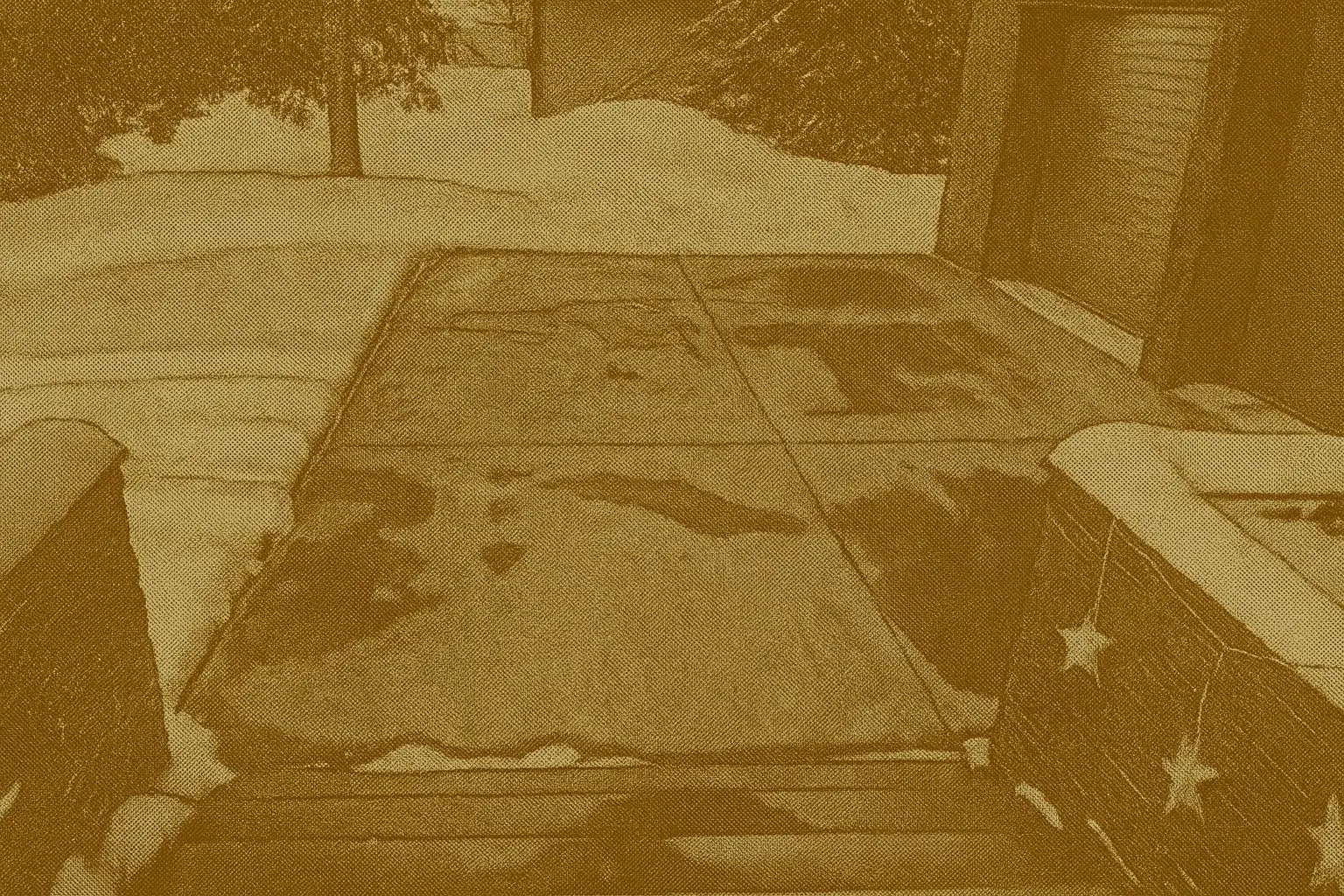
Eco-Friendly Ways to Keep Your Driveway Ice Free (Without Salt)
Traditional rock salt might be cheap, but it’s bad for your concrete, your landscaping, and the environment. Luckily, there are eco-friendly ways to keep a driveway ice-free without salt that are just as effective.
Green Alternatives to Salt
- Sand or kitty litter: Provide traction on icy surfaces without chemical damage.
- Beet juice brine: Lowers the freezing point of water naturally — a growing trend in Canadian winter maintenance.
- Calcium magnesium acetate (CMA): A biodegradable, pet-safe ice melt that’s less corrosive than salt.
- Vinegar or cheese brine: Natural de-icers that can help melt thin layers of ice.
Pro tip: These driveway salt alternatives are especially good for ice melt safety around pets and plants.
DIY Driveway Ice Melt Recipes You Can Make at Home
Looking for a homemade de-icer for your driveway? DIY solutions are cheap, safe, and surprisingly effective. Here are a few simple recipes that help melt ice on a driveway without salt:
- Vinegar and water spray: Mix 2 parts vinegar with 1 part water and apply it to icy spots.
- Rubbing alcohol de-icer: Combine 2 parts rubbing alcohol with 1 part water for fast action in extreme cold.
- Baking soda: Sprinkle it directly on ice. It’s slower but gentle on concrete and plants.
These DIY driveway ice melt solutions are not only cost-effective but also non-toxic and safe for pets.
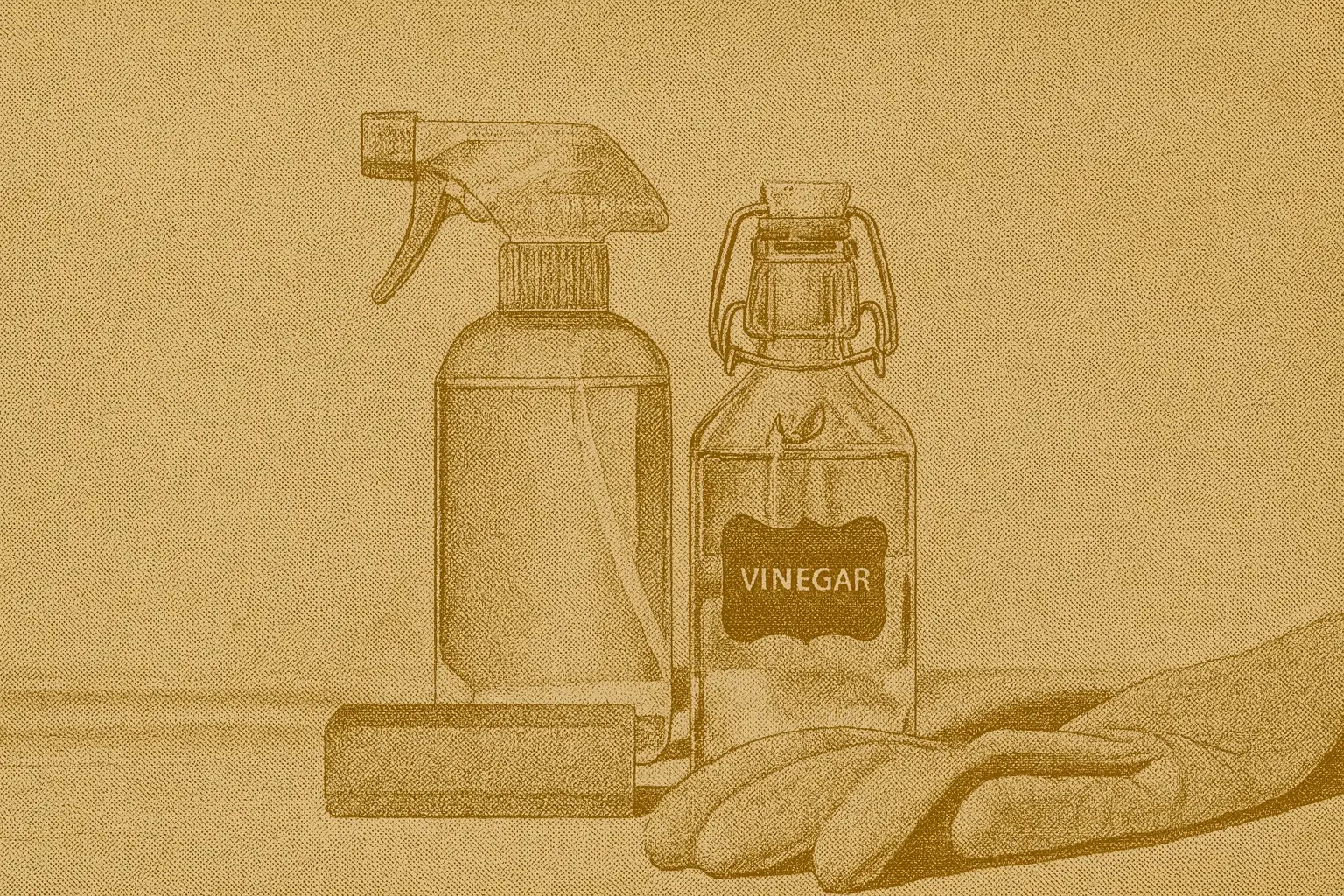
Check out our guide on The Best Winter Tires in Canada to stay safe this winter.
How to Stop Your Driveway from Freezing Overnight
One of the most common questions homeowners ask is how to stop a driveway from freezing overnight. The key is being proactive before temperatures drop.
Proactive Measures
- Cover your driveway: Use tarps or specialized covers to keep snow and ice from bonding.
- Pre-treat with brine: A simple brine spray applied before a storm can prevent ice from sticking.
- Install heated driveway mats or systems: For the ultimate long-term solution, consider heated driveway systems or snow-melting mats that melt ice as it forms.
Cost breakdown:
- Tarps: $30–$50 CAD
- Brine solution: ~$10 CAD
- Heated driveway systems: $2,000–$5,000 CAD (installed)
Best Ways to Pre-Treat Your Driveway Before Snow
Pre-treatment is one of the best ways to prevent ice build-up on a driveway, and it makes snow removal faster and easier too.
Pre-Treating Tips
- Apply liquid de-icer or brine: Coat your driveway 12–24 hours before a storm using a garden sprayer.
- Spread sand or grit: Improves traction and absorbs sunlight to melt snow faster.
- Lay snow-melting mats: Plug-in mats keep walkways and steep driveways clear without chemicals.
Pro tip: Reapply pre-treatments after heavy rain or significant melting to maintain effectiveness.
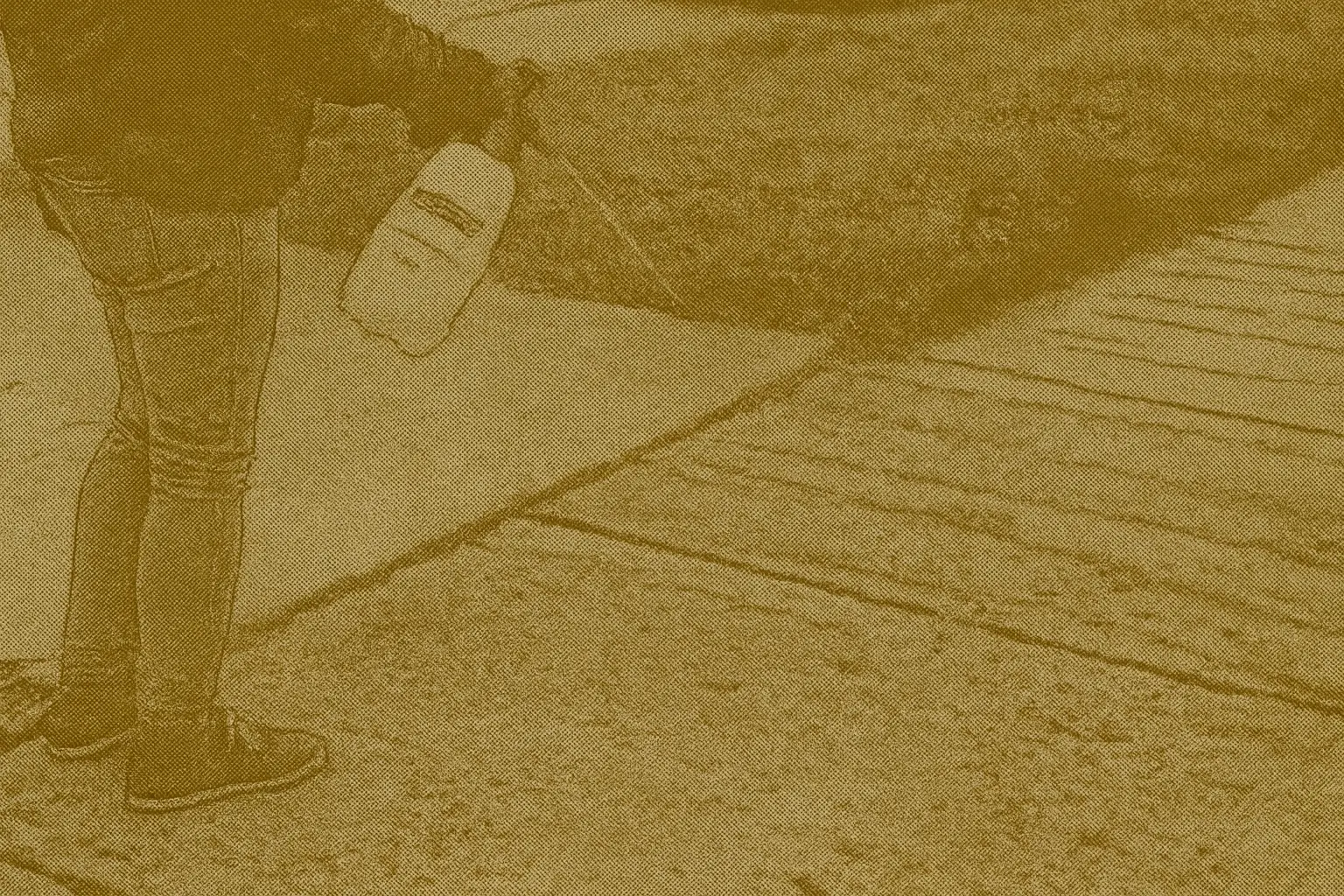
Long-Term Driveway Ice Prevention Solutions
If you’re tired of seasonal maintenance, consider long-term solutions for driveway ice prevention:
- Heated driveway systems: These use electric cables or hydronic tubing under the surface to automatically melt snow and ice.
- Snow-melting mats: Portable versions you can roll out seasonally.
- Driveway sealants and resurfacing: Prevent water from penetrating and freezing inside the concrete.
These investments may cost more upfront, but they add property value and eliminate much of the seasonal hassle.
Related: Best Winter Boots for Canada: Stay Warm and Dry This Winter
FAQ: Driveway Ice Removal Tips
Q: Can I use regular table salt to melt ice on my driveway?
A: You can, but it’s less effective than commercial ice melts and can damage concrete over time. Look for calcium chloride or magnesium chloride ice melt instead.
Q: What’s the best way to melt ice on a steep driveway?
A: Focus on traction and prevention — use sand or heated driveway mats to reduce slip risks on steep slopes.
Q: Are there Canadian regulations about de-icer use?
A: Yes. Some provinces limit chemical use due to environmental concerns. Always check local guidelines before applying chemical de-icers.
Q: How can I melt ice quickly without chemicals?
A: Physical removal tools like a driveway ice scraper, ice chippers, or snow blowers are effective options.
Q: Is sealing my driveway necessary before winter?
A: Yes — sealing helps prevent water penetration, reducing the risk of freeze-thaw damage and prolonging your driveway’s lifespan.
Final Thoughts: A Safer, Ice-Free Winter Driveway
Keeping your driveway ice-free in a Canadian winter doesn’t have to be a constant battle. With the right mix of eco-friendly de-icers, DIY solutions, pre-treatment strategies, and long-term systems, you can protect your property and your family all season long.
- Prevent ice by improving drainage and sealing your driveway.
- Try eco-friendly salt alternatives like beet juice or calcium magnesium acetate.
- Use DIY driveway ice melt recipes to save money and stay chemical-free.
- Consider investing in heated driveway systems for a permanent solution.
A little preparation goes a long way — and with these driveway ice prevention tips, you’ll spend more time enjoying the snowy scenery and less time slipping on it.


